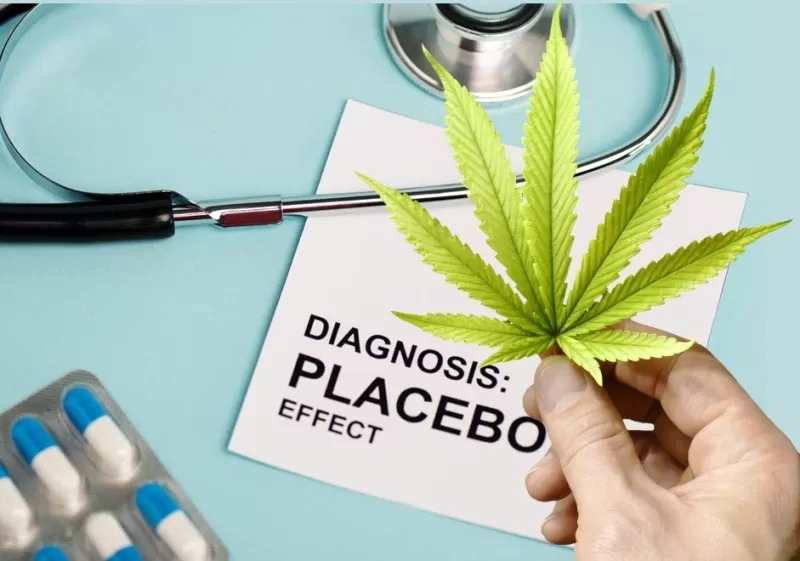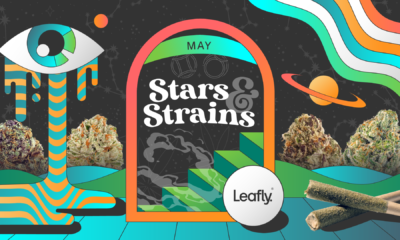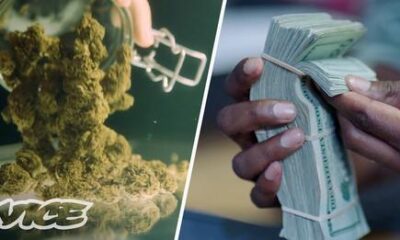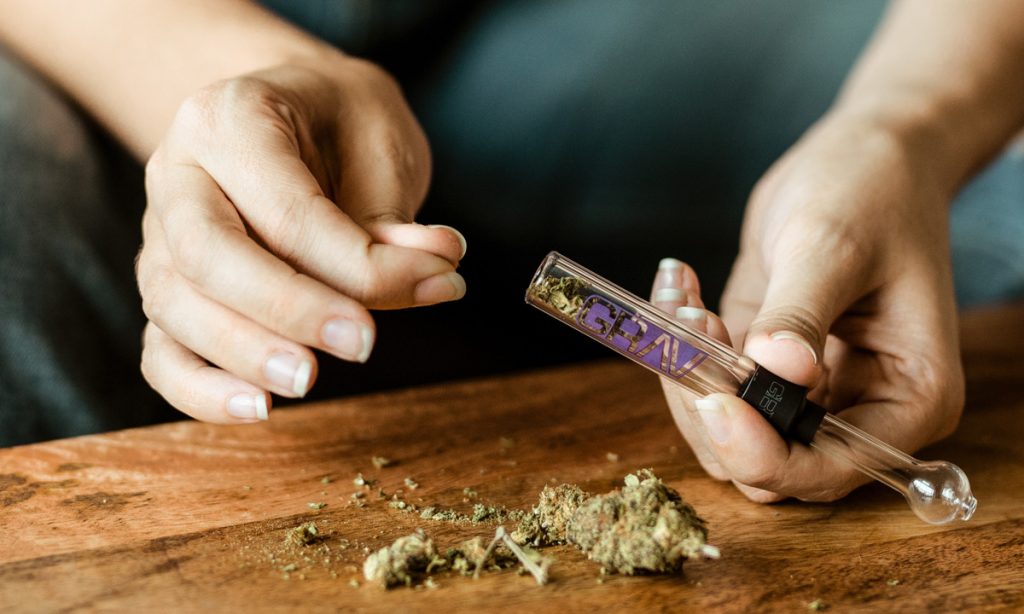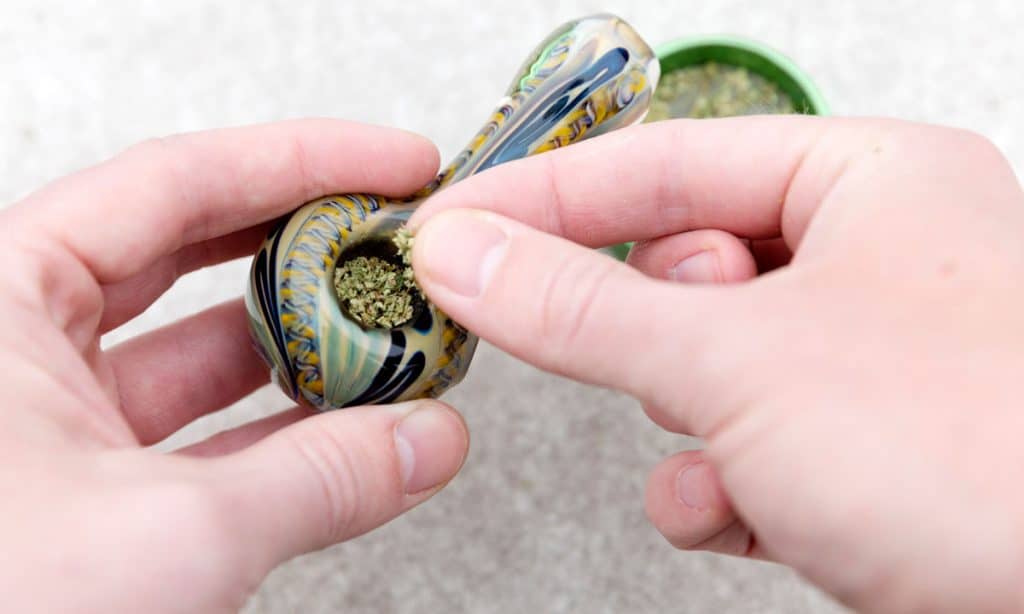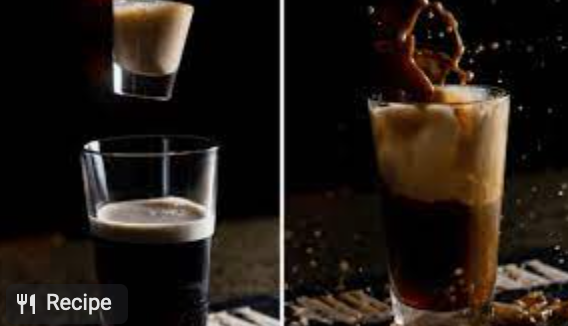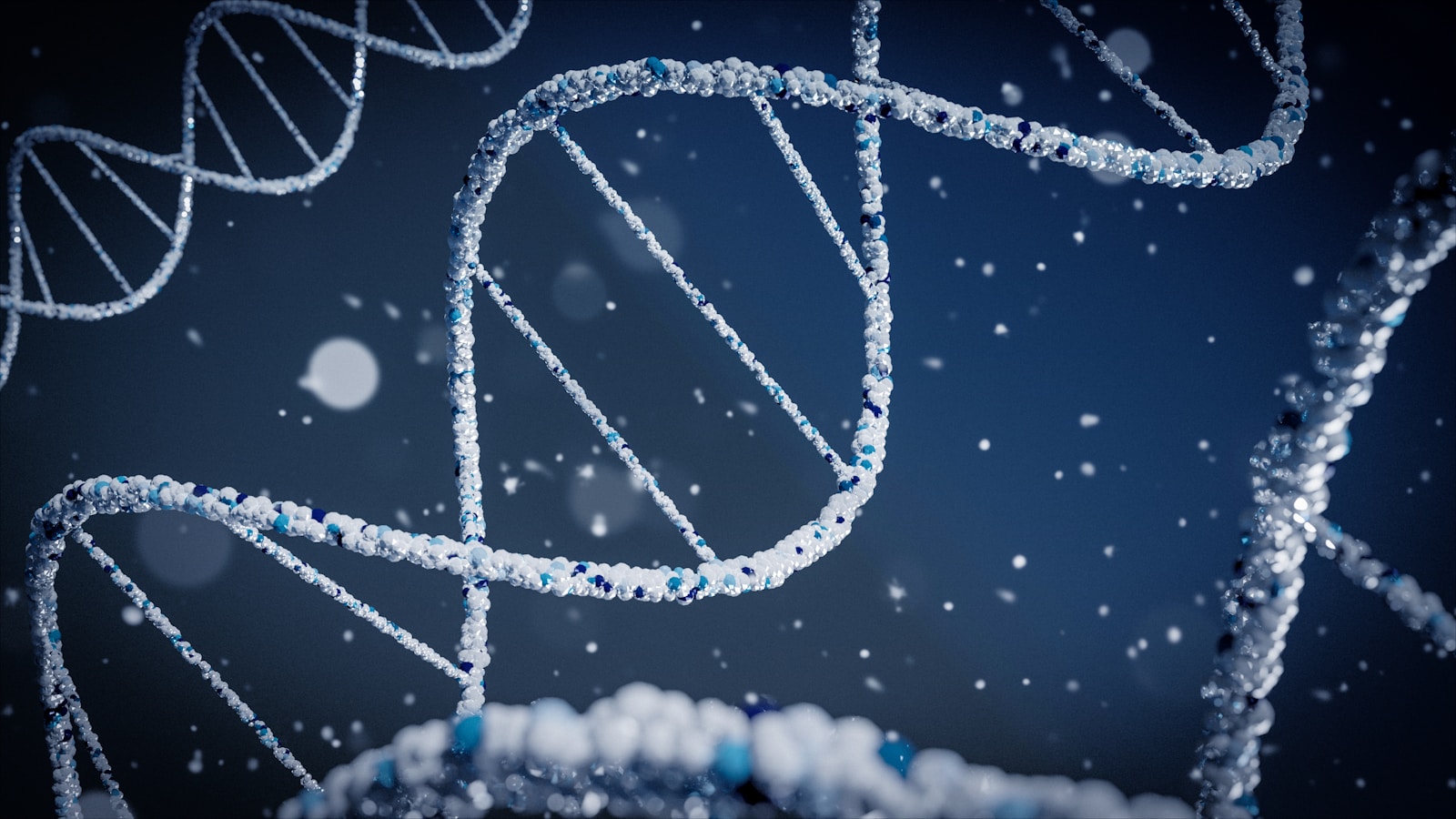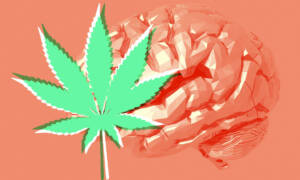Is cannabis a placebo? What does that even mean?
A placebo is traditionally a pill that has no active ingredients. Drug researchers will split test subjects into a group that receives the actual substance and another group that gets a placebo, or “sugar pill.”
If the group receiving the real substance does better than the placebo group, the researchers conclude the medicine works.
However, placebos aren’t foolproof. Especially when it comes to psychiatric medicine. Many trials on antidepressants, for example, find placebos work just as well as the medication.
The results are even more impressive if you provide a placebo pill that causes a side effect (an “active” placebo).
Suppose you suffer from depression or anxiety and sign up for a new drug trial. The researchers give you a sugar pill that causes dry mouth as a side effect. You don’t know it’s a placebo, but the objective side effects trick your mind into thinking you’re less depressed or anxious.
Is that what’s going on with cannabis? Is cannabis nothing more than an active placebo?
Breaking Blind
Often in drug trials, a participant will “break blind” by figuring out they’re not on the medicine. Suppose the researcher tells you the side effects are drowsiness, and you never feel drowsy. You may conclude they gave you the placebo.
On the flip side, you may conclude you’re on the real thing if you experience drowsiness. If it’s an antidepressant drug, you may feel less depressed.
Breaking blind is a problem for researchers. In the case of antidepressants, breaking blind modifies expectations. It becomes impossible to determine if the participant resolves their depression through the pharmacology of the drug or their beliefs about the drug.
To get around this, researchers use an “active” placebo. But when participants feel the side effects, they believe they’re on the actual drug. In trials that use active placebos, 78% had no clinical difference in the outcomes.
Most antidepressants work just as well as placebos. So is the same true for cannabis? Is cannabis an active placebo?
It’s true – most psychological and emotional effects of cannabis aren’t actually caused by the pharmacology of the herb.
Let me explain.
Is Cannabis a Placebo?
At Harvard in the late 1960s, two researchers ran a controlled study on the effects of cannabis on people who had never consumed it nor had any experience with it. That included seeing other people use it.
The results were inconsistent without a cultural framework to base the experience around. Two books came from that study. Dr. Andrew Wiel’s The Natural Mind: A Revolutionary Approach to the Drug Problem. And Drug, Set, and Setting: The Basis for Controlled Intoxicant Use by Norman E. Zinberg, M.D.
As Weil wrote,
To my mind, the best term for marijuana is active placebo – that is, a substance whose apparent effects on the mind are actually placebo effects in response to minimal physiological action.
And it’s not just cannabis. According to Weil and Zinberg, any drug providing a high also creates an active placebo in the user’s brain.
This doesn’t deny the pharmacological effects of cannabis. When you consume cannabis, phytocannabinoids activate your cannabinoid receptors. You feel high or stoned.
But everything else is expectation. This isn’t controversial with LSD. “Set and setting” determine whether your trip will be a good one or a bad one.
Likewise, cultural conventions and learned connections influence our thinking on what cannabis does to the mind.
Is Cannabis Really Just a Placebo? No way!
No way cannabis is a placebo. I must be out to lunch. But far from being a bad thing, this is a liberating realization.
For one, it places the onus on the consumer. Yes, cannabis will feel like someone has wrapped a warm blanket around you. If it’s a good strain, you’ll feel the headband. But how you interpret those physical feelings is entirely up to you.
Does cannabis relax you after a hard day’s work, or does it stimulate your creativity like an afternoon coffee? Maybe cannabis makes you feel anxious and paranoid, and you consume it only if you’re in pain.
Does cannabis make you more sensitive? Aroused? Or do you become more withdrawn or numb?
Correlation is Not Causation
I remember once, as a younger man hitchhiking in California. A surfer dude picked me up just south of Monterey. “Wanna smoke a joint?” He asked. “Sure,” I said. So we did. While driving. He became a terrible driver, and I got out soon after.
I couldn’t understand why. Was he faking it? Cannabis makes me concentrated and focused. This guy became distracted and impaired.
I’ve met people who became belligerent after a dab. Others become more agreeable. Some people become bold and talkative, while others become timid and nervous.
But the only thing cannabis is doing is sending phytocannabinoids through your system. Everything else is in your mind.
Consider – have you ever been on a walk or in the shower and thought of an idea? Or maybe a solution to a nagging problem? You weren’t thinking of it. It just popped out of nowhere.
Walking and showering are relaxing. They relieve stress. This influences the endocannabinoid system, and in return, the mind surprises you.
Likewise, when you influence the endocannabinoid system with THC, the mind can become a playground.
Is Cannabis A Placebo?
Is cannabis a placebo? Much depends on what you’re consuming it for, but generally, cannabis (like all drugs) is an active placebo.
That’s not to say cannabis isn’t pain-relieving or helping other physical ailments. The brain and body still process phytocannabinoids, which have a real pharmacological effect.
But does cannabis relieve stress? If you pair cannabis with an intent to relax, the answer is yes.
If you’re at a party and a friend invites you to smoke a sativa joint with him. What is your intent? To experience a THC-upper and become more lively?
Stimulation and relaxation are two different things. How can cannabis do both? Stoners have long known about this dichotomy and answered by referring to sativa vs. indica strains.
But sativa and indica strains of cannabis are relevant to growers only. The bushy, resin-dense plant produces more body buzz than its taller, skinner cousin.
So we interpret this body buzz as relaxing “in-da-couch” and the heady buzz of the sativa strain as a stimulant. But all we’re doing is confirming that cannabis is an active placebo.
And this isn’t a bad thing.
Christmas Without Santa Claus
Do you celebrate Christmas? Over 2 billion people worldwide celebrate the holiday in one form or another. For some reason, in the West, the birth of Christ has morphed into a celebration of a fat man who rides a sleigh of flying reindeer and delivers material goods by breaking and entering.
Well, I suppose we let him in voluntarily. The goof goes down the chimney and only demands milk and cookies for payment.
Odds are, if you’re reading this, you know this is a myth. Santa Claus is not real. But I bet you still get into the festivities of Christmas.
Even non-Christians will celebrate the holiday. Why? Because it’s fun. It’s fun to get into the spirit of Christmas.
Likewise, it’s fun to take drugs that have pharmacological effects. The effects on your mind depend on you. Set and setting. It’s been a psychedelic mantra for years.
But this applies to all drugs. From opioid addicts living on the street to middle-class bourgeois cannabis consumers.
In fact, that’s how we solve the opioid crisis. Not by supplying more drugs but by showing how opioid doesn’t provide the value the addict thinks it does. But that’s a different post for another day.
So I’ll leave it at this: Cannabis is an active placebo. But that’s fine.
You don’t look to the chemical composition of Christmas trees and wrapping paper for answers as to why the holiday season is so magical. You know it’s about your thoughts and how you feel about it.
Likewise, what cannabis can do for you isn’t found in its cannabinoid content (unless you’re looking for purely physical effects). It’s all about set and setting—your expectations.

 Cannabis News1 year ago
Cannabis News1 year ago
 One-Hit Wonders1 year ago
One-Hit Wonders1 year ago
 drug testing4 months ago
drug testing4 months ago
 Cannabis 1011 year ago
Cannabis 1011 year ago
 Marijuana Business Daily1 year ago
Marijuana Business Daily1 year ago
 Education1 year ago
Education1 year ago
 Education1 year ago
Education1 year ago
 Cannabis1 year ago
Cannabis1 year ago


